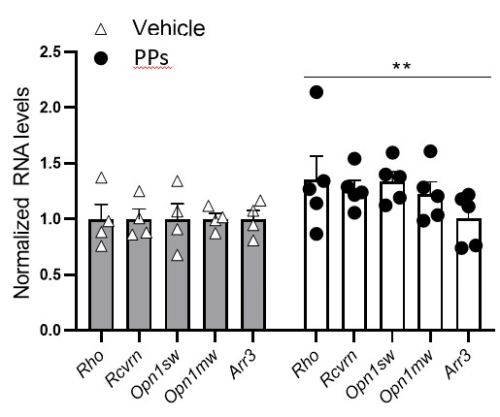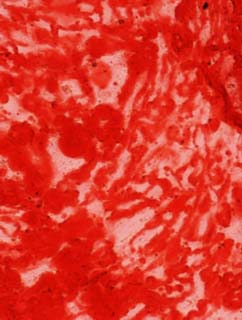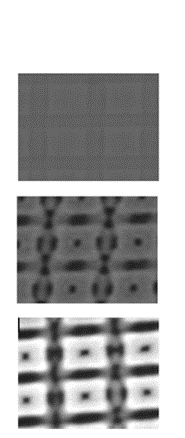This is a new treatment to cure and prevent retinitis pigmentosa
Electroretinographic recordings (upper panels) and RNA level of the photoreceptor genes (bottom panels) of retinas treated with vehicle and peptides (PPs).
Retinitis pigmentosa is a group of retinal genetic dystrophies responsible for the most cases of hereditary blindness. Retinitis pigmentosa is considered a rare disease. Retinitis pigmentosa encompasses a range of genetically heterogeneous disorders caused by more than 3,000 different mutations in over 60 genes. Despite its genetic heterogeneity, most of all forms of retinitis pigmentosa include primary dysfunction and death of rod photoreceptors causing night blindness and constriction of the visual field, followed by the secondary loss of cones that eventually results in blindness.
At the present, retinitis pigmentosa is an unpreventable and incurable disease. Although gene therapy will constitute the ultimate treatment, because of retinitis pigmentosa complex genetic etiology and temporal benefits of gene therapy, gene-independent therapies may constitute a valuable alternative or complement to attenuate vision loss.
The present invention discloses synthetic peptides for the potential therapeutic treatment of a patient suffering from retinitis pigmentosa, resulting in a delay of the loss of visual function and preservation of photoreceptor cells. Moreover, treatment with these synthetic peptides results in better preservation of retinal structure and function in a mouse model for retinitis pigmentosa. Overall, these results support the use of these peptides as a therapeutic approach in this disease.
Main innovations and advantages
- At the present, retinitis pigmentosa is an unpreventable and incurable disease and these peptides could provide a gene-independent opportunity for its treatment.
- These peptides have already been employed for the treatment of other different human pathologies in at least two clinical trials showing a profile of high security and tolerance of these peptides.






